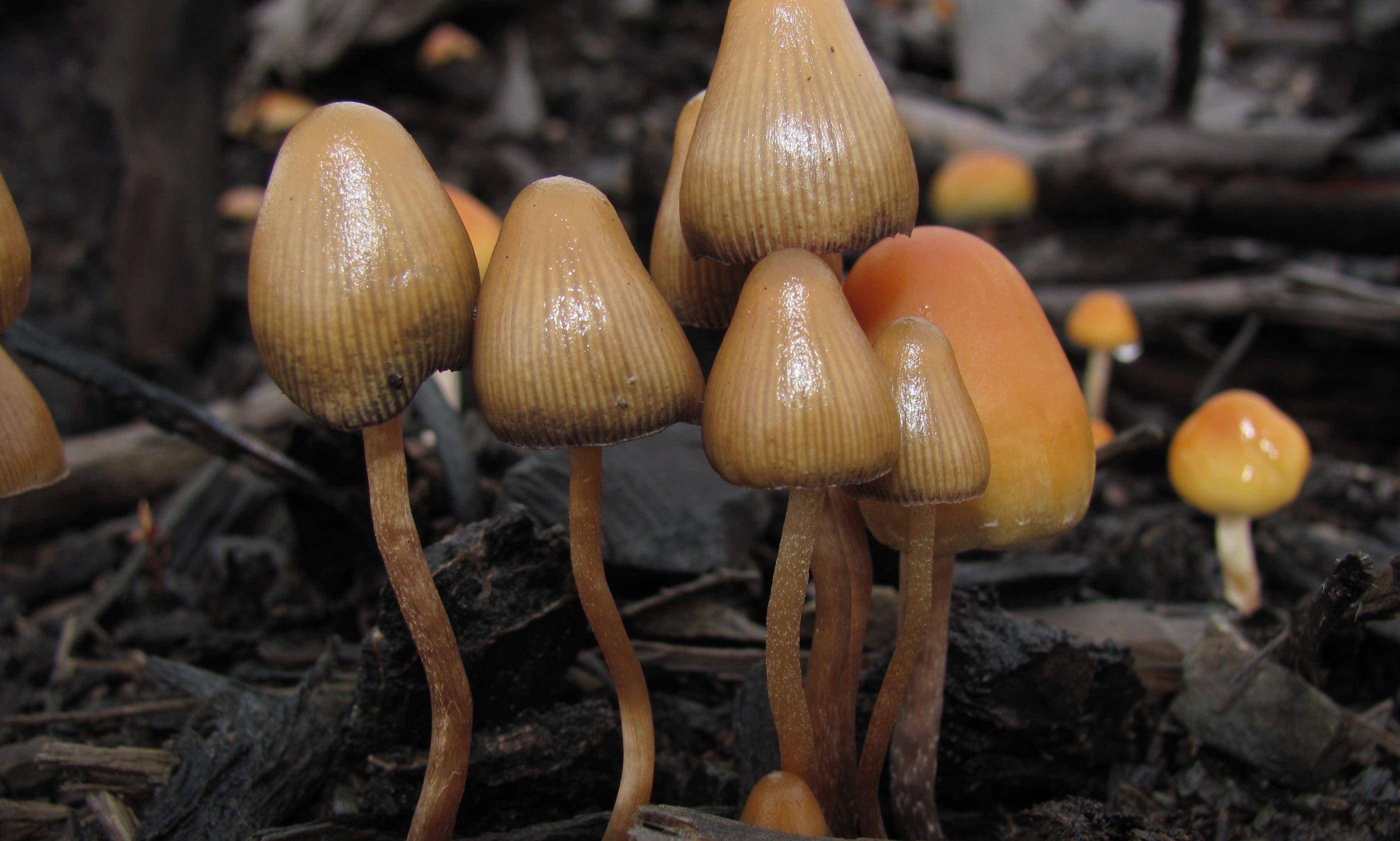Politics
Pennsylvania Lawmakers Will Renew Push For Psilocybin Research With Forthcoming Bill

“We shouldn’t let the stigma from the 1960s and ’70s and the War on Drugs prevent us from exploring [something] that can truly help people achieve sustained relief.”
By Alexander Lekhtman, Filter
Pennsylvania state lawmakers are pushing for legislation that supports research on psilocybin mushrooms for mental health treatment. The bill comes amid a wave of psilocybin policy reform nationwide.
Representative Jennifer O’Mara (D) and Senator Tracy Pennycuick (R) initially introduced House Bill 1959 in 2021. It was intended to support psilocybin clinical studies, regulated by the state health department under the authority of an institutional review board. It also would have supported production by authorized entities. It did not, however, include any language to legalize or decriminalize psilocybin.
The bill has never made it past the House Health Committee. In 2022, many of the same lawmakers amended and reintroduced it, removing the provision for authorized psilocybin growers. Pennycuick and O’Mara will reintroduce the bill with some changes after the legislature meets on September 26. According to a conversation with O’Mara in The Pittsburgh Post-Gazette, she expects House Health Committee majority chair Rep. Dan Frankel (D) to support the bill, as he has in the past. Other supporters are also hopeful.
“I believe there’s a lot of bipartisan support for this movement,” Pittsburgh resident Dr. Sa’ed Al-Olimat, cofounder of the Psychedelic Pharmacists Association, told Filter. “I’m optimistic, having lobbied…this bill up and down the halls of the Capitol building, there were a lot of representatives who expressed support and interest.”
Under previous versions of the bill, the state health department would “evaluate” the benefit of psilocybin treatment for mental health conditions. The institutional review board would have the power to allocate funds to help finance certain studies—but would be required to prioritize studies on military veterans and retired first responders.
“Approved investigators” could carry out studies on conditions like PTSD, depression, anxiety, substance use disorder or traumatic brain injuries.
The health department would meanwhile report regularly and legislature on progress with psilocybin research, and issue a final report at a set date. It would be required to look at the results of psilocybin legalization or decriminalization in other states nationwide. It would then make recommendations for regulating psilocybin treatment.
Pennycuick, an Air Force veteran, has described living with PTSD after an accident trapped her inside a burning helicopter. She has said that she personally wants access to psilocybin therapy, and hopes to be “patient number one.” O’Mara’s husband is also a veteran living with PTSD.
Advocates in North Carolina are pushing for a similar bill. Other states including Maryland, Connecticut, Washington and Texas have also considered or approved bills allowing psychedelic research and therapy to benefit veterans.
Every day, on average, nearly 17 veterans lose their lives to suicide. Veterans are at increased suicide risk compared to the general population, especially veteran women especially.
“We just need more options,” Al-Olimat said. “And if this is an option, we shouldn’t let the stigma from the 1960s and ’70s and the War on Drugs prevent us from exploring [something] that can truly help people achieve sustained relief.”
This article was originally published by Filter, an online magazine covering drug use, drug policy and human rights through a harm reduction lens. Follow Filter on Facebook or Twitter, or sign up for its newsletter.
Photo courtesy of Wikimedia/Mushroom Observer.




